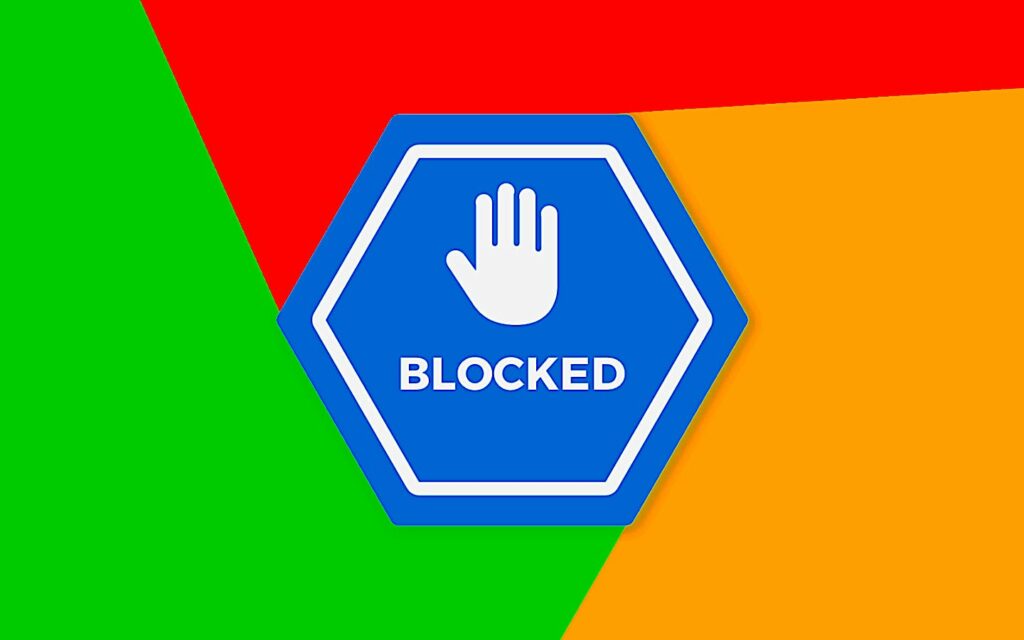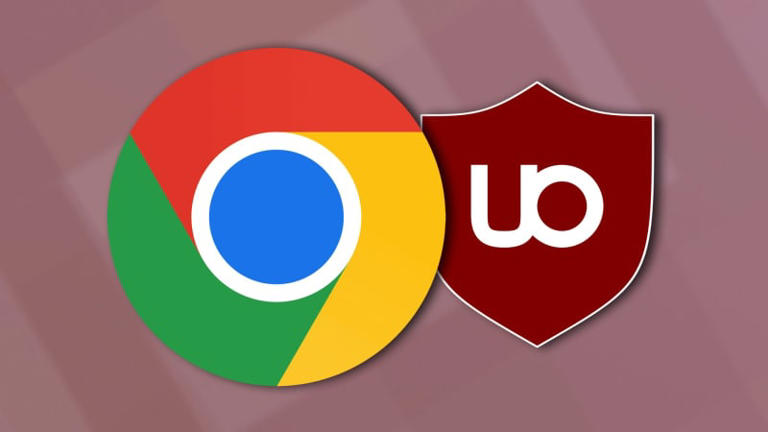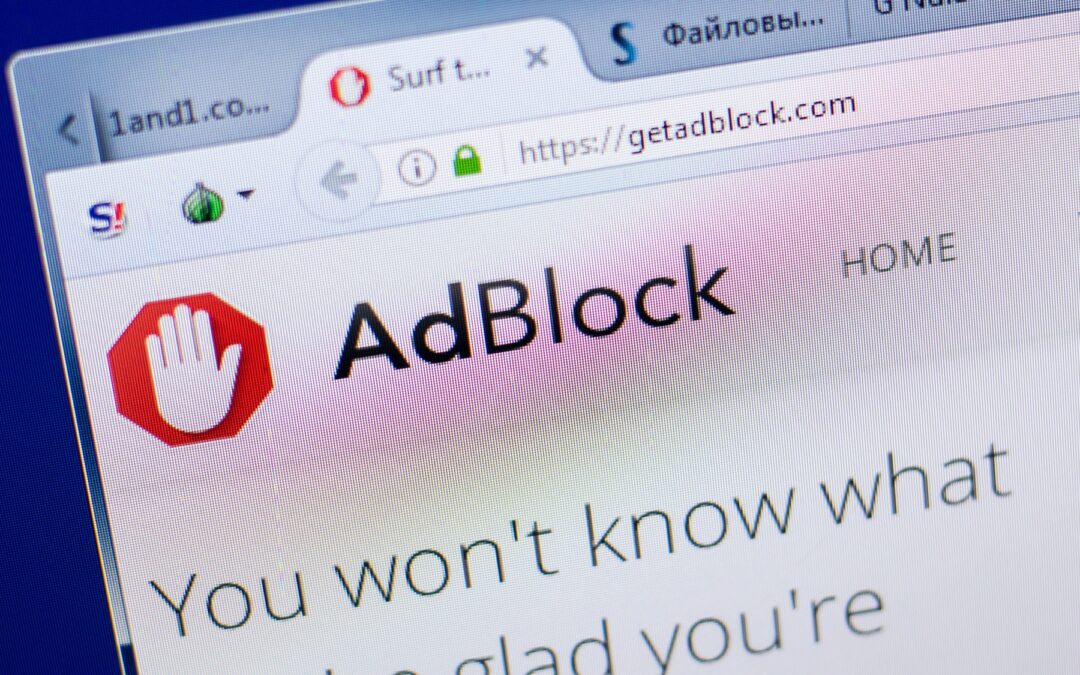The change to Google Chrome’s browser extension support is bad news for uBlock Origin.
According to PCWorld, Chrome’s transition from Manifest V2 to V3 is deprecating some functionality that the popular ad-blocker relies on. The Chrome update “aims to… improve the privacy, security, and performance of extensions” by altering the way it handles API requests. That is, with the future Chrome version, uBlock Origin will be automatically removed.
Google has been cracking down on ad blockers across several of its businesses, including YouTube. It’s a tremendous bummer for the majority of internet users who attempt to avoid adverts. However, it also makes a lot of sense because it is how the internet giant generates cash by providing free services. However, some ad-blockers are not safe or comply with Google’s regulations, so you cannot blame the firm for enforcing them.
READ MORE: Google Maps Is Becoming Even More Like Waze
The popular ad-blocker, which has over 30 million users, is allegedly still functional. However, a caution at the top of the extension page reads, “This extension may soon be no longer supported because it does not follow best practices for Chrome extensions.”

Raymond Hill, the developer of uBlock Origin, has hurried to release a remedy and is now offering uBlock Origin Lite, which is compliant with Manifest V3. It already has 200,000 users and has typical ad-blocking capabilities, but it is less dynamic in the sense that the user must approve or deny authorization on a “per-site basis.” In a GitHub post announcing the new extension, Hill stated that it is not intended to replace the original.
“I consider uBO Lite to be too different from uBO to be an automatic replacement,” the person who developed it said. “You will have to specifically select a replacement for uBO based on your expectations of a content filter. “UBO Lite may or may not meet your expectations.”

uBlock Origin is still compatible with other browsers, so you could always use a Chrome alternative such as Firefox or Edge. However, if you want to continue with Chrome, you must follow Chrome’s regulations, which means using a different ad blocker.
Radiant TV, offering to elevate your entertainment game! Movies, TV series, exclusive interviews, music, and more—download now on various devices, including iPhones, Androids, smart TVs, Apple TV, Fire Stick, and more.


